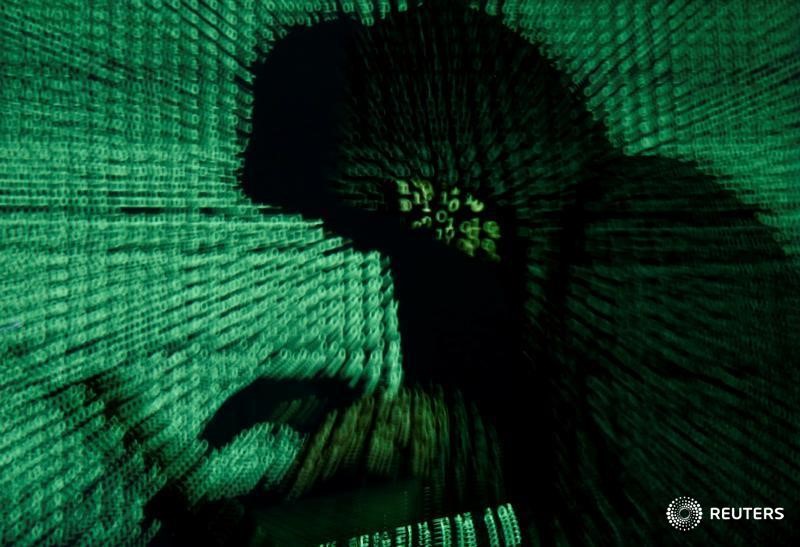By Raphael Satter
WASHINGTON (Reuters) -U.S. officials say that Russian hackers are targeting servers hosting outdated versions of software made by the Czech tech company JetBrains for potential SolarWinds-style espionage operations.
In a statement released on Wednesday, the U.S. National Security Agency, the FBI and cyber watchdog agency CISA accused the hackers, sometimes known as Cozy Bear or APT29, of trying to hijack the servers in a bid to access software developers' source code, something that could potentially allow them to tamper with its compilation or deployment.
A similar technique was used to doctor software made by the U.S. software firm SolarWinds (NYSE:SWI), the statement noted. That cyberespionage campaign led to a wave of serious breaches across the government that were discovered in 2019.
Russian officials did not immediately return a message seeking comment. Moscow has previously denied hacking allegations.
In a statement, Prague-based JetBrains said it had fixed the vulnerability affecting its TeamCity collaborative software building tool in September and had been contacting its customers since in the hope of "motivating them to update."
It said fewer than 2% of TeamCity instances still used unpatched software.
Programs like TeamCity - which help manage other companies' software building process - can potentially make for ideal springboards for hackers looking to break into many different targets at once.
Securing that kind of sweeping access has been a key priority for APT29, which is alleged by Western officials and private cybersecurity companies to act on behalf of Russia's foreign intelligence agency, the SVR, and is generally considered one of the country's elite hacking groups.
The U.S. statement said the U.S. and its allies had identified "a few dozen compromised companies" in the United States, Europe, Asia, and Australia. It said the companies had little in common except that they had outdated and vulnerable versions of JetBrains exposed to the internet, suggesting the hacks were "opportunistic in nature and not necessarily a targeted attack."
The statement was co-signed by Britain's National Cyber Security Centre as well as Poland's Military Counterintelligence Service and its Computer Emergency Response Team.
